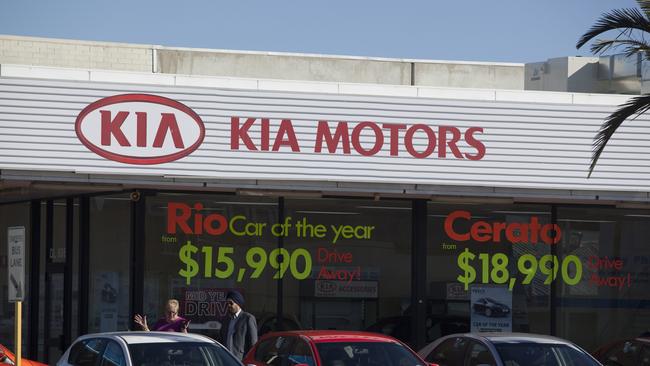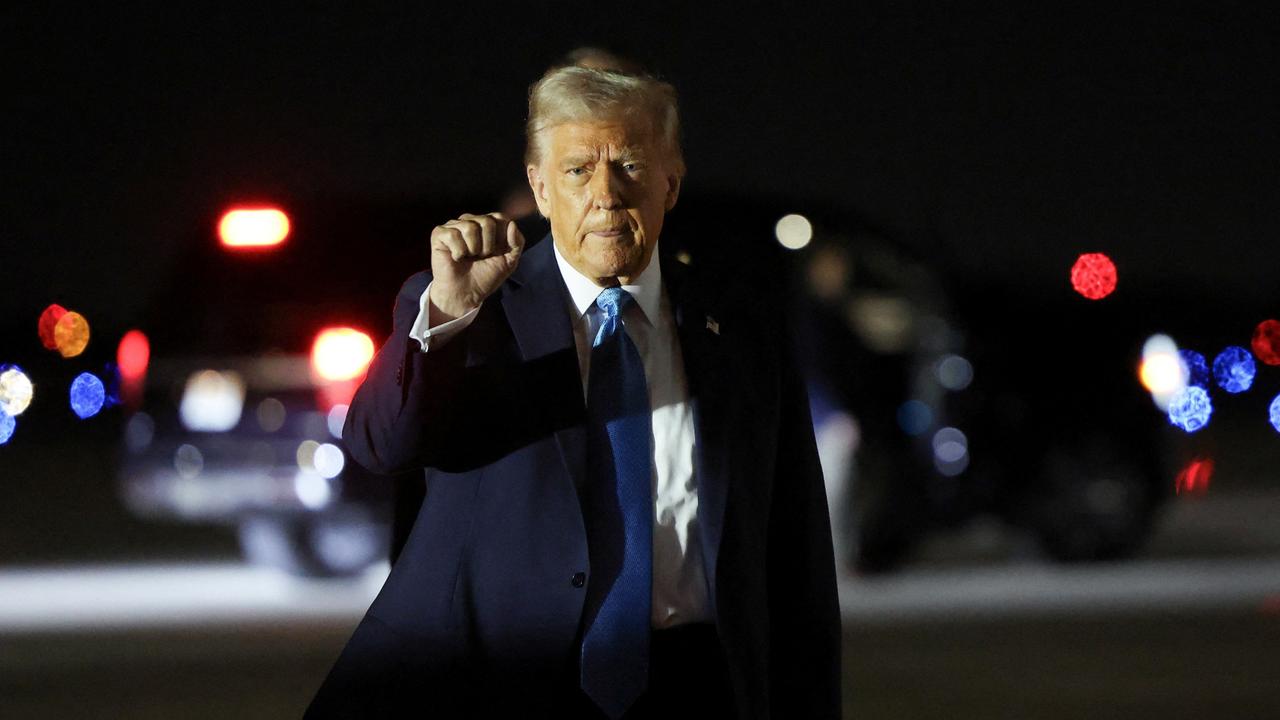Hyundai, Kia recall almost 500,000 vehicles because of fire risk
The owners of almost 500,000 cars in the US have been asked to park away from buildings because of malfunctions causing engine compartments to catch alight.

Hyundai Motor and Kia Corp. are asking the owners of nearly 500,000 vehicles in the US to park outside because of malfunctions causing engine compartments to catch on fire.
The auto makers have recalled the vehicles, warning that malfunctions in their anti-lock brake systems could cause an electrical short, increasing the risk of a fire when driving a car or when it is parked, according to filings with the National Highway Traffic Safety Administration.
The companies recommend that until owners of the vehicles can get the issues fixed, they park outside and away from structures and other vehicles to avoid any potential damage.
There have been 11 reports of such incidents in total from the two companies, according to their NHTSA filings.
Possible signs of the malfunction include a burning smell, smoke coming from the engine compartment or if the anti-lock brake system light turns on, the companies said in the filings.
Hyundai Motor America recalled models of its 2017-18 Santa Fe Sport, 2016-18 Santa Fe, 2014-15 Tucson and 2019 Santa Fe XL vehicles. The recall affects about 357,830 vehicles in the U.S. and a further 67,355 in Canada.
A company representative said Hyundai wasn’t aware of crashes or injuries related to the issue. Dealers can inspect and replace the anti-lock brake system’s multifuse to solve the issue without any charge to owners, the company said.
Kia Motors America’s recall affects 126,747 vehicles that are the 2016-18 K900 model or 2014-16 Sportage. The company said it believes an internal electrical short circuit in the hydraulic electronic control unit could lead to the engine fires when parked or in motion. A company representative said there have been no reports of crashes, injuries or fatalities related to the issue.
Kia dealers will place a new fuse in the unit’s circuit board that will solve the issue in affected vehicles without charge.
– The Wall Street Journal


